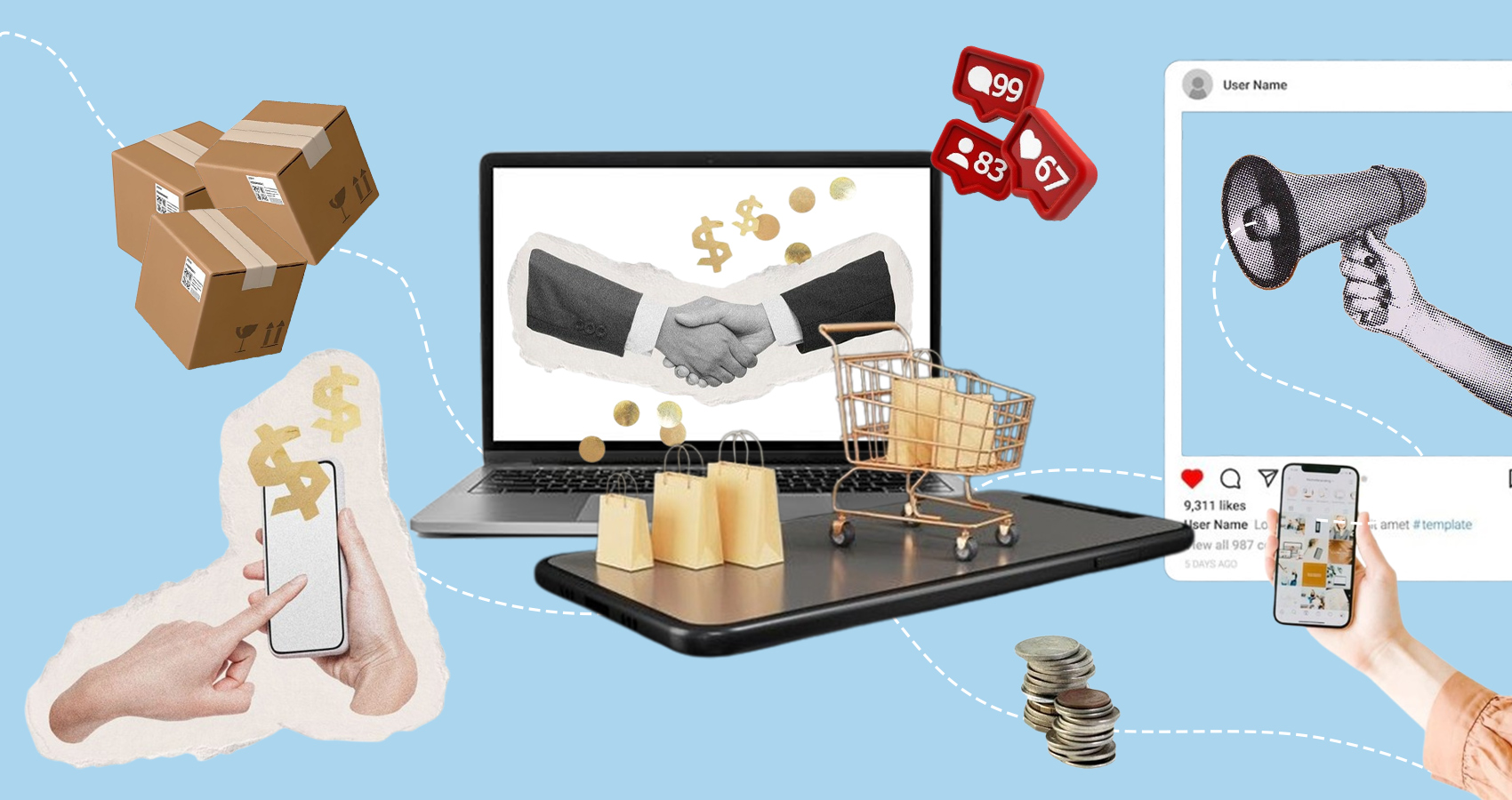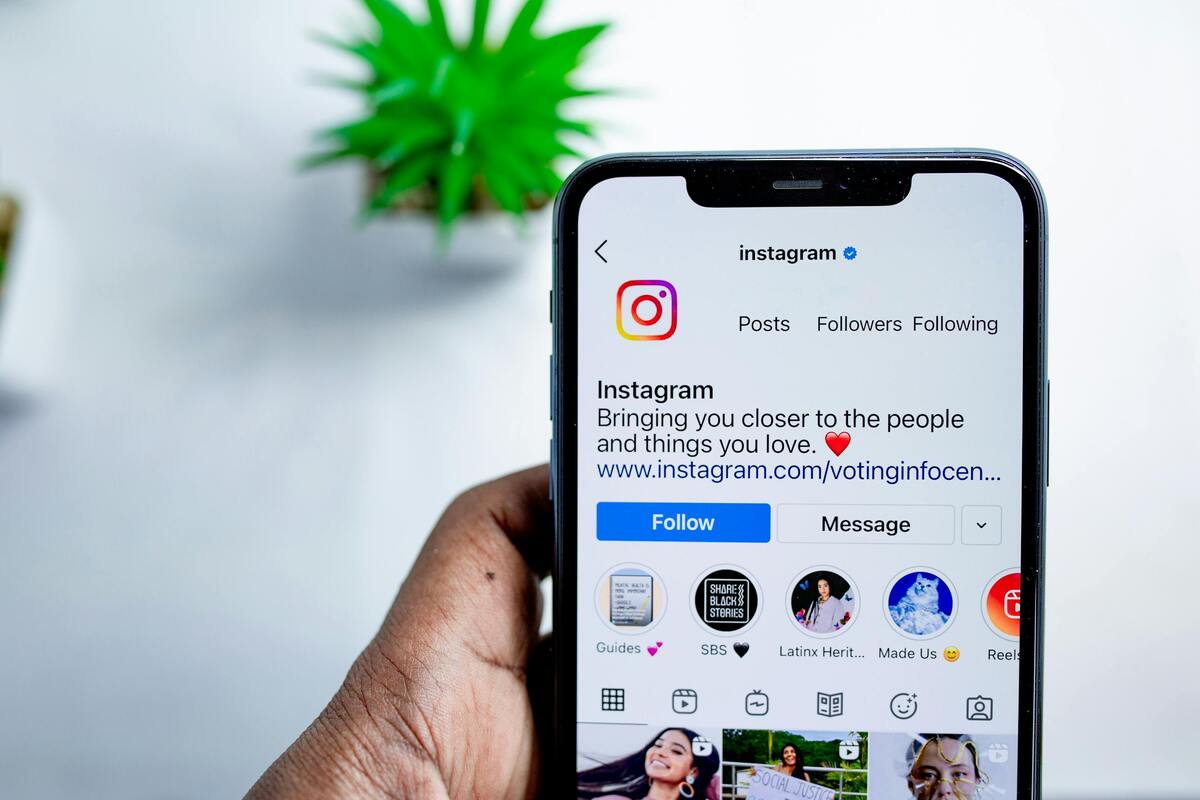
Affiliate Links: Empowering Creators or Exploiting Trust?
Unpacking the pros, cons, and ethics of affiliate marketing.
Affiliate marketing is when someone receives a small commission for promoting a product for a business. Anyone with access to social media can become an affiliate but only those who generate customers will be paid. If someone says, ‘Follow the link in the bio,’ they are most likely an affiliate seller. This form of marketing is very new and is mainly based on TickTock and Instagram in the form of Amazon storefronts or Linktrees. In this article, we will explore the pros and cons of affiliate links and their impact on the way we consume products.
Content creation
Content creation as a career is typically frowned upon despite social media becoming such a large part of our lives. It takes time and skill to develop a social media presence and create content that appeals to an audience but this skill goes unrewarded and unpaid. The TickTock creator fund was introduced in 2020 to pay creators for views they generate. In theory, this is a good idea but the model has been deeply flawed and creators generating millions of views have only received a few dollars for their work. Affiliate links give content creators a stream of revenue, a reward for the online presence they have built up. If they’ve invested time and energy into cultivating an audience, shouldn’t they benefit financially?
Trust
Being paid to promote a product has a huge impact on the audience’s trust. How do you know if the creator genuinely likes or has even tried the product they are selling? Are they just trying to earn the commission? Recently Mikayla Nogueira, a TickTock makeup influencer, came under fire for her promotion of the L'oréal telescopic mascara. Her video shows her applying two coats of mascara to one eye before cutting to a profile shot of her lengthened lashes. Her 14.4 million followers were quick to point out that she was wearing false lashes in the latter half of the clip. Mikayla had built a fanbase based on her non-nonsense, honest reviews of makeup products so they felt betrayed by the video.
Alongside the false lashes, the video was also criticized for its overly positive attitude towards the product which was completely out of character for Mikayla and came across as dishonest. So what was the difference between her usual honest content and the mascara video? It was a paid review. The addition of the paid incentive stripped away authenticity from the review as she was then required to be nothing but overly positive. This PR disaster raises the question of whether these paid incentives are ruining these social media platforms by exploiting the trust of the viewers.

Gatekeeping
On social media platforms where we are supposed to be sharing all the time it is easy for audiences to feel entitled to information from creators. Influencers are often bombarded with questions like ‘Where is that top from?’ and ‘Where did that rug come from?’ regardless of the context of the video.
This expectation causes the demonization of people who don’t want to share where items come from. The phrase ‘Pretty girls don't gatekeep’ perpetuates this pressure and implies that those who do not share are being selfish. Promoting good products is framed as a favor and an act of generosity. But just as creators should feel free to use affiliate links to make money they should feel free to not promote anything. The point of being self-employed and creating content yourself is that it gives you control over what you want your brand to be. Maybe you want to promote things or maybe you don’t either way it should be up to the creator.

TickTock made me buy it
Affiliate marketing can contribute to overconsumption. The relentless promotion of products pressures audiences into buying things they do not need. Audiences may only realize a product is poor quality after purchasing it—by which point, it’s often too late. This dynamic highlights the importance of authenticity and the potential downsides of unchecked affiliate marketing. Mindlessly promoting products for the commission damages the environment and the wallets of viewers.

Responsibility
When used responsibly, affiliate marketing can provide creators with a stable income to support their work. However, to ensure this practice benefits both creators and audiences, honesty and transparency are essential. Creators should aim to promote only products you genuinely use and enjoy, and always disclose paid partnerships clearly. Consumers should Stay vigilant about identifying sponsored content and critically assess which influencers to trust. With proper regulation and mutual accountability, affiliate marketing can become a sustainable and ethical income stream for content creators without compromising audience trust.













